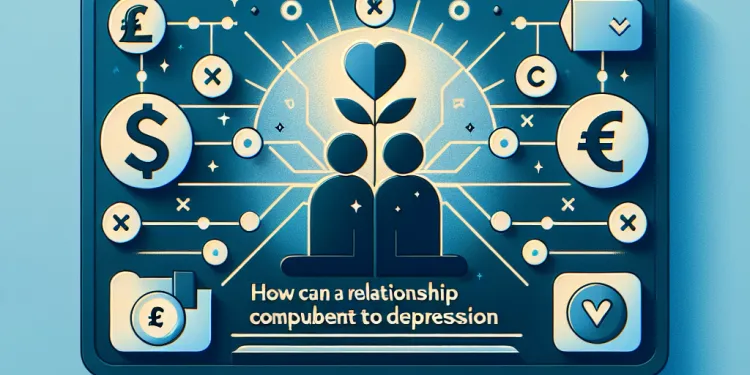
Find Help
More Items From Ergsy search
-
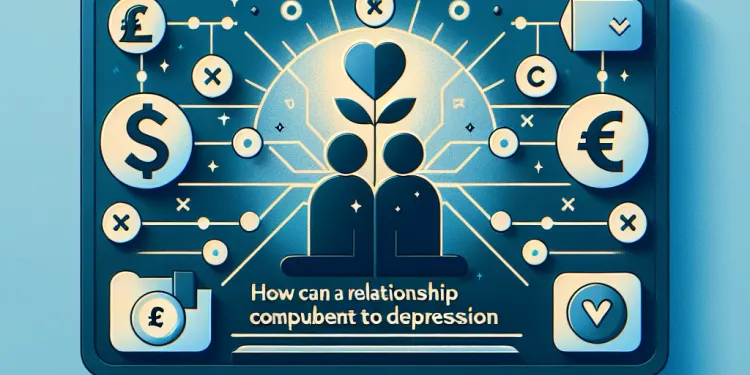
How can a relationship contribute to depression?
Relevance: 100%
-
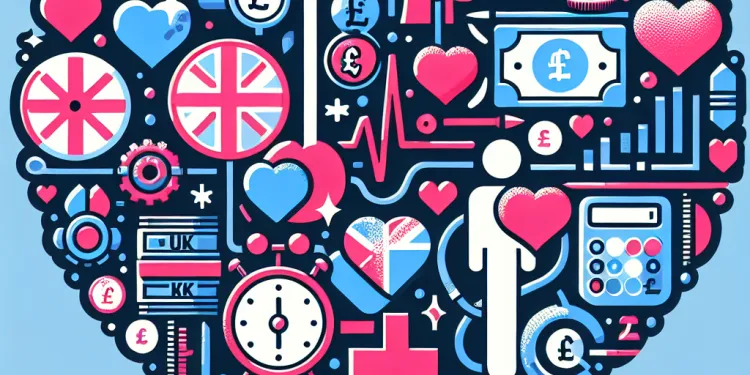
What are the signs that my relationship is making me depressed?
Relevance: 100%
-
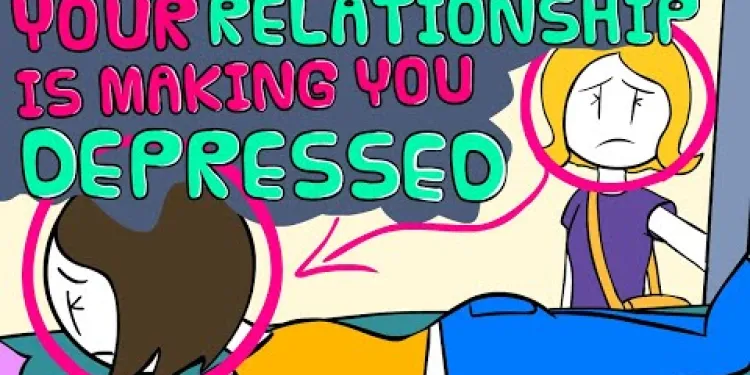
7 Signs Your Relationship is Making You Depressed
Relevance: 94%
-
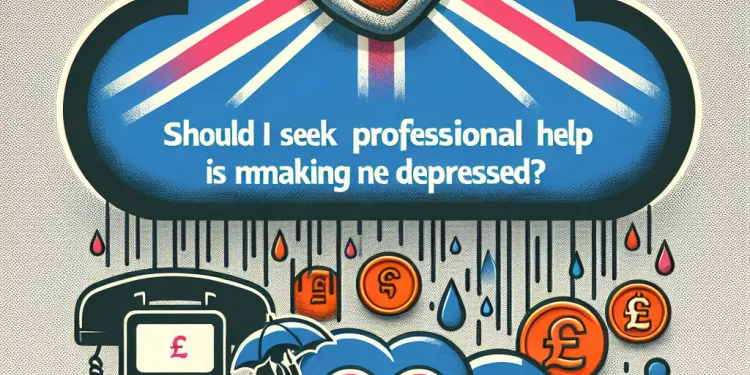
Should I seek professional help if my relationship is making me depressed?
Relevance: 69%
-
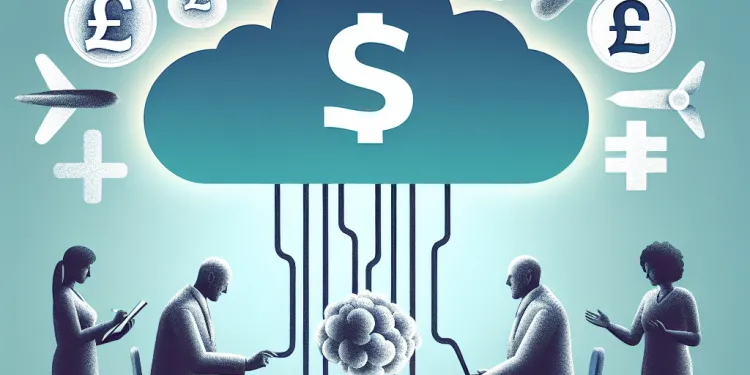
Can physical symptoms be linked to relationship-induced depression?
Relevance: 67%
-
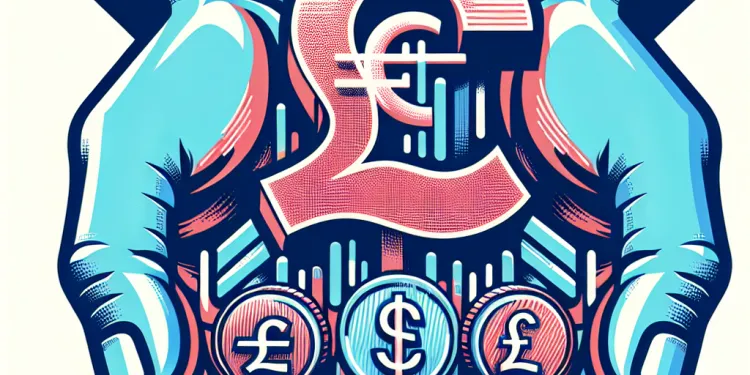
Are there any self-care strategies to cope with relationship-induced depression?
Relevance: 66%
-
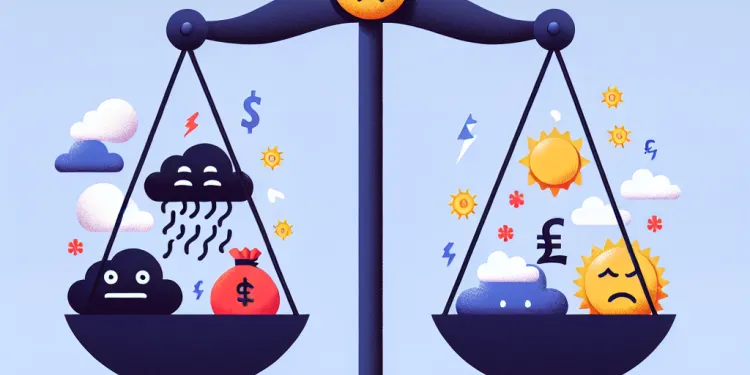
What role do unhealthy dynamics play in causing depression?
Relevance: 65%
-

What causes postnatal depression?
Relevance: 62%
-
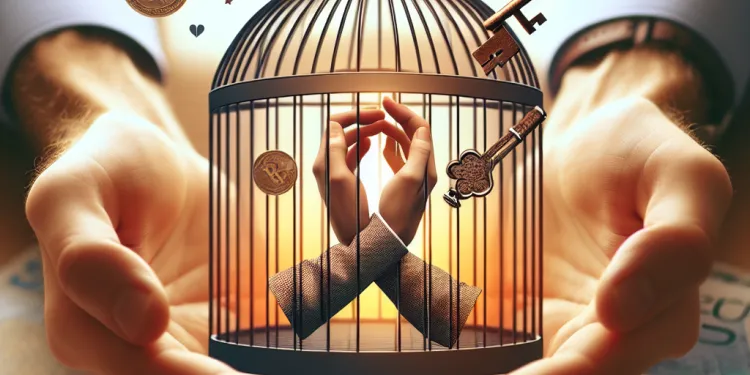
Is it possible to feel trapped in a relationship?
Relevance: 62%
-

Postnatal Depression
Relevance: 61%
-
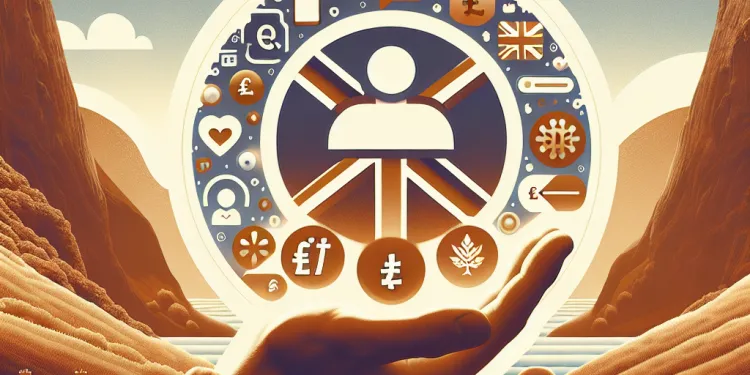
What should I do if my partner dismisses my feelings of depression?
Relevance: 60%
-

Can fathers experience postnatal depression?
Relevance: 60%
-
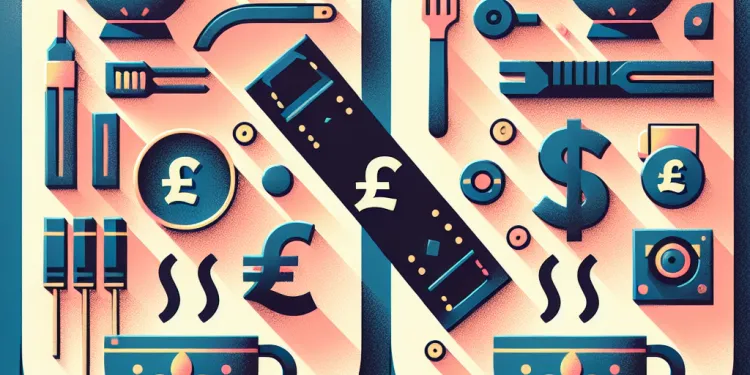
Is it better to stay in a relationship for the sake of not being alone?
Relevance: 60%
-
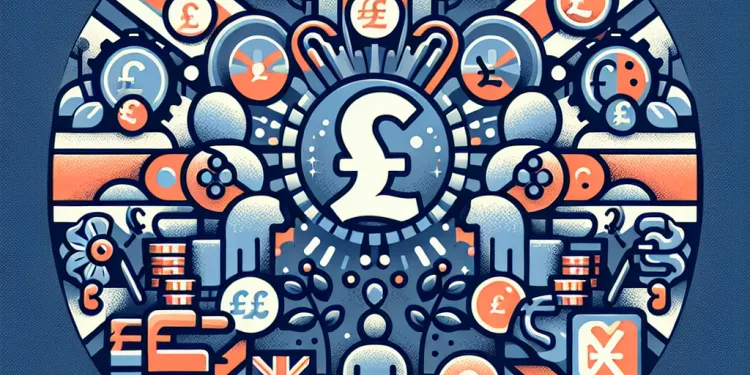
Can relationship problems be resolved to improve mental health?
Relevance: 59%
-
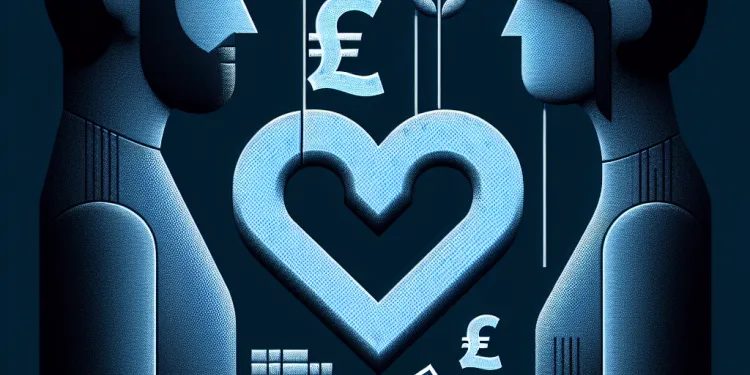
Can ending a toxic relationship improve my mental health?
Relevance: 57%
-

Is postnatal depression a long-term condition?
Relevance: 56%
-
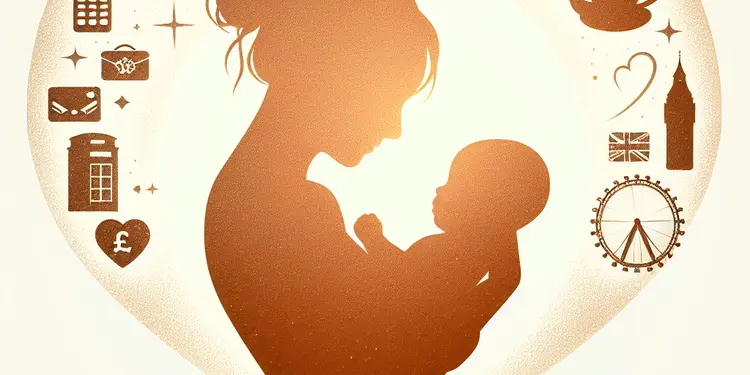
How does postnatal depression affect bonding with the baby?
Relevance: 56%
-

What are the symptoms of postnatal depression?
Relevance: 55%
-

What are the benefits of relationship counselling?
Relevance: 54%
-

What is postnatal depression?
Relevance: 53%
-
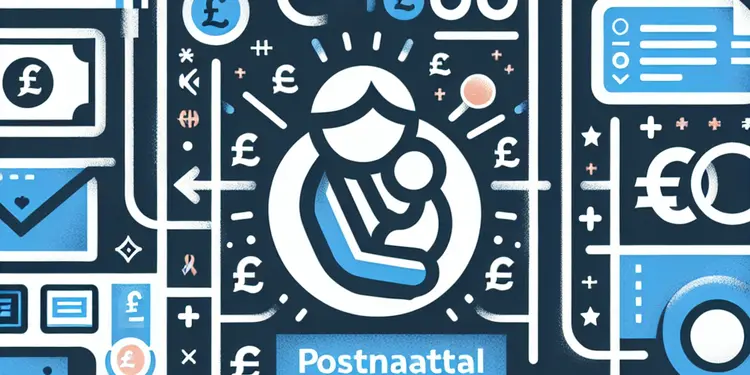
Is postnatal depression preventable?
Relevance: 52%
-

Is it normal to feel sad in a relationship sometimes?
Relevance: 52%
-
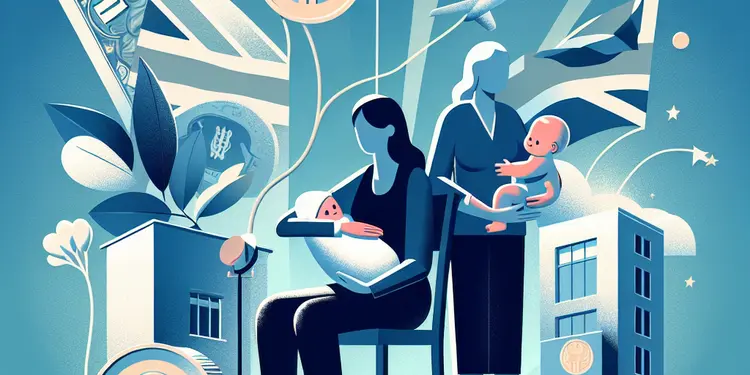
Can postnatal depression recur after treatment?
Relevance: 51%
-

How is postnatal depression diagnosed?
Relevance: 51%
-
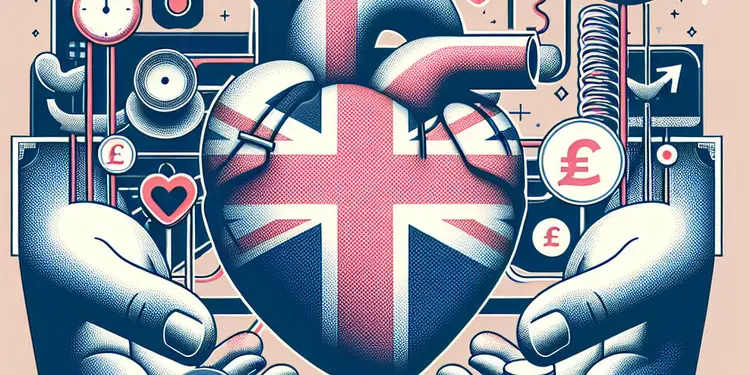
Can health-related anxiety affect relationships?
Relevance: 51%
-

Should someone with postnatal depression seek professional help?
Relevance: 51%
-

Are there treatments available for postnatal depression?
Relevance: 51%
-
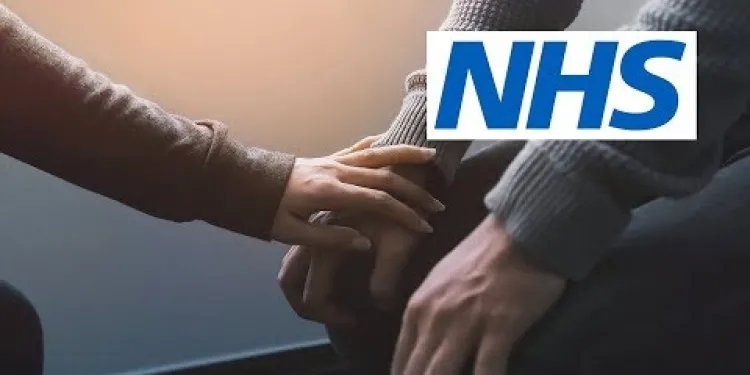
Clinical depression: Lawrence's story | NHS
Relevance: 50%
-

Postnatal Depression - Leanne's Story
Relevance: 50%
-

Treating anxiety and depression - www.slam.nhs.uk
Relevance: 50%
-
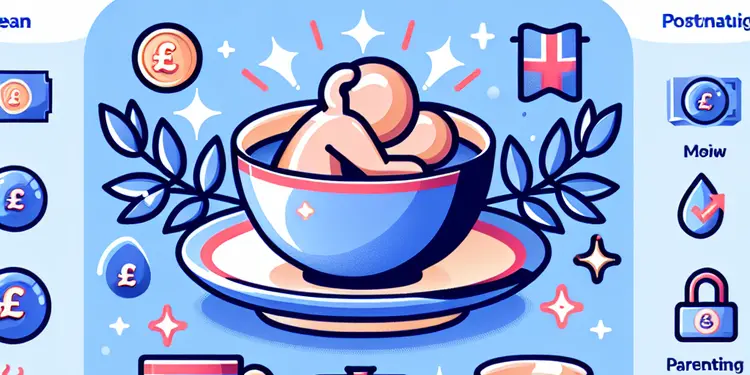
Are there support groups for postnatal depression?
Relevance: 50%
-

Can postnatal depression affect subsequent pregnancies?
Relevance: 49%
-
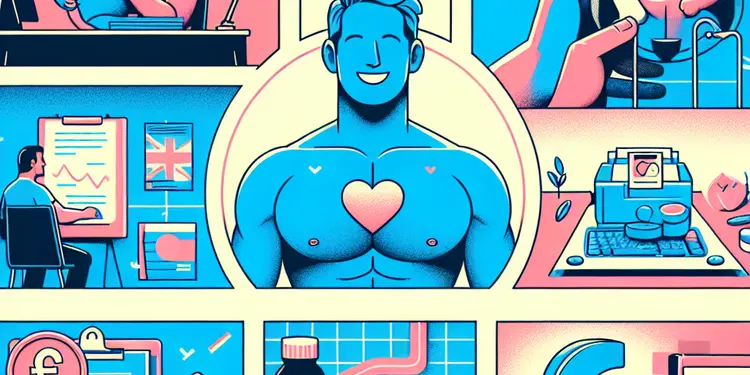
Is medication necessary for treating postnatal depression?
Relevance: 48%
-

Can diet impact postnatal depression?
Relevance: 48%
-
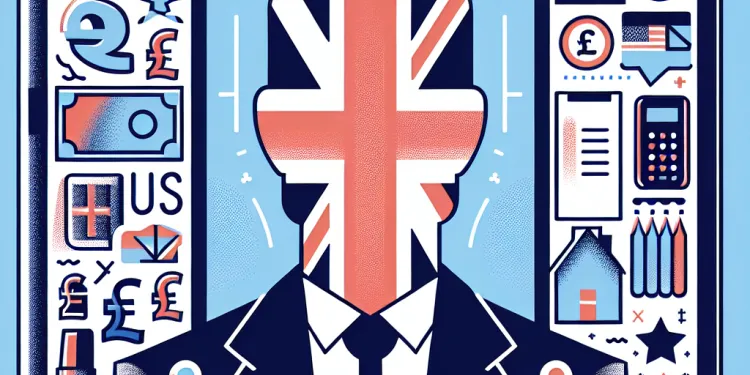
How can I rebuild my self-esteem in a challenging relationship?
Relevance: 48%
-
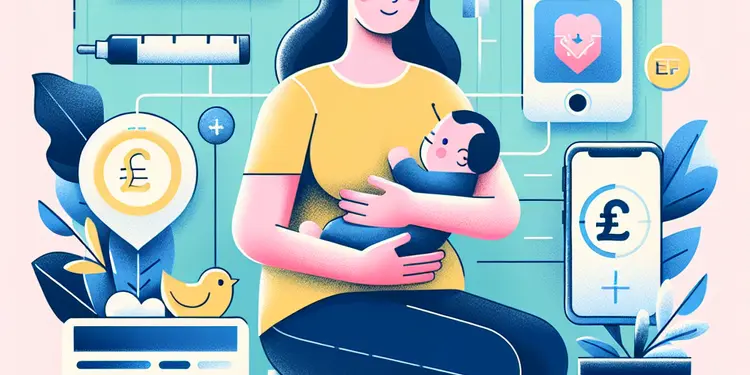
How is postnatal depression different from the 'baby blues'?
Relevance: 47%
-
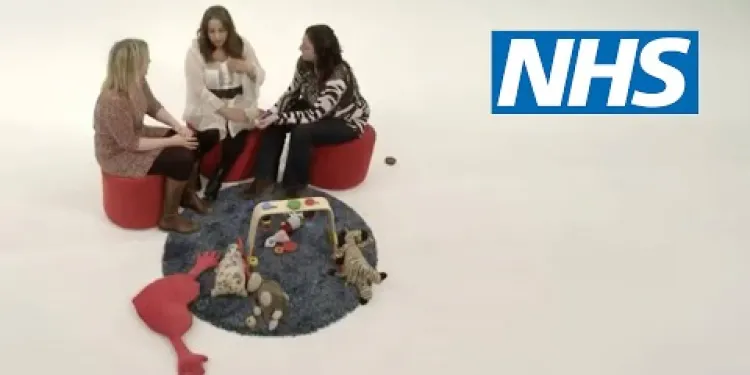
How do I know if I have postnatal depression? | NHS
Relevance: 47%
-
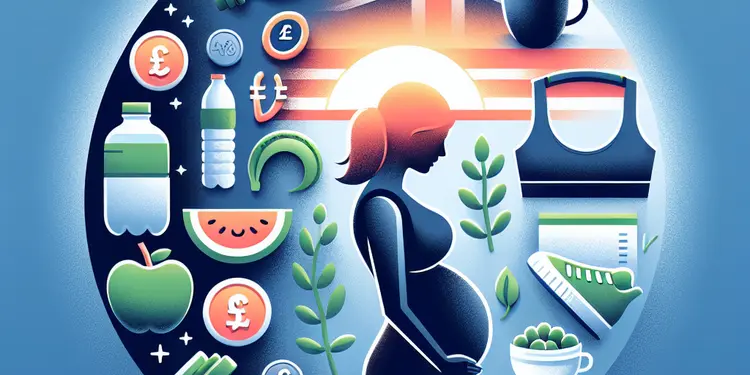
Can lifestyle changes help with postnatal depression?
Relevance: 46%
-
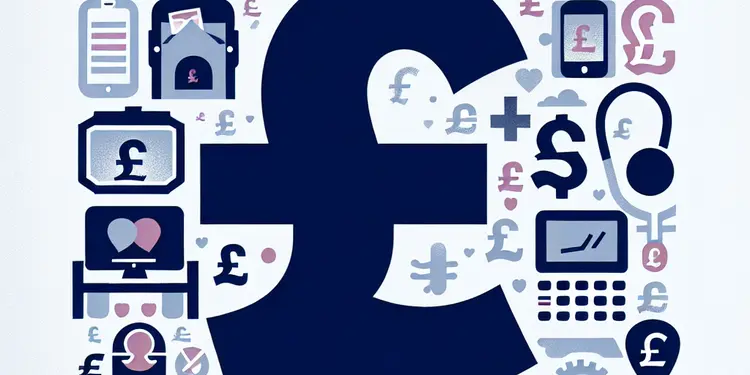
What should I do if I suspect I have postnatal depression?
Relevance: 46%
-
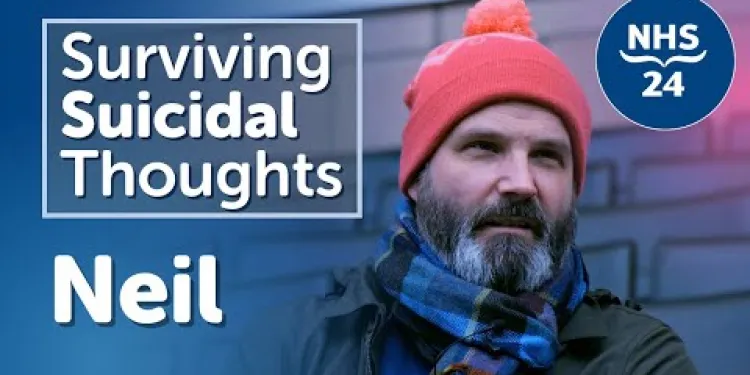
I couldn't celebrate Hibs beating Hearts because I was that depressed
Relevance: 44%
Introduction
Relationships are a fundamental part of human life, offering companionship, support, and love. However, they can also become sources of stress and mental health issues if they become unhealthy or imbalanced. This article explores how a relationship can contribute to depression, particularly within a UK context.
Understanding Depression
Depression is a common mental health disorder characterized by persistent sadness, lack of interest in activities, and a range of physical and emotional problems. It affects how a person feels, thinks, and handles daily activities. In the UK, depression is a significant public health concern, with millions of people experiencing it at some point in their lives.
The Role of Relationships in Mental Health
Relationships can greatly influence an individual’s mental health, both positively and negatively. Healthy relationships can provide emotional support and increase feelings of happiness and security. Conversely, unhealthy relationships can be a source of emotional turmoil, leading to mental health issues such as anxiety and depression.
Signs of an Unhealthy Relationship
An unhealthy relationship may include issues such as lack of communication, constant criticism, emotional manipulation, and disrespect. When one partner consistently undermines the other or when there is a lack of support and understanding, it can erode self-esteem and contribute to feelings of worthlessness, which are closely associated with depression.
Specific Contributors to Depression in Relationships
There are several ways in which relationships can contribute to depression. Constant conflict and arguments can lead to feelings of frustration and hopelessness. If one partner feels trapped or unable to express themselves, it can lead to isolation and exacerbated depression symptoms. Additionally, experiences of betrayal or infidelity can profoundly impact mental health, leading to feelings of mistrust and sadness.
Impact of Relationship Stressors
Relationship stressors, such as financial difficulties, childcare issues, or differing life goals, can exacerbate feelings of depression. In the UK, where cost of living and societal pressures are often cited as significant stressors, relationships can become a battleground for these external pressures, compounding depression symptoms.
Seeking Help and Support
It is essential to recognize when a relationship may be contributing to depression. Seeking help from a professional, such as a therapist or counselor, can be a positive step towards understanding the dynamics at play and developing healthier coping strategies. In the UK, there are numerous support services available, including counselling and therapy through the NHS, which can provide guidance and support.
Conclusion
While relationships are an integral part of life, they can also contribute to mental health issues such as depression if not maintained in a healthy way. It is crucial for individuals to be aware of the signs of an unhealthy relationship and seek help when needed. By doing so, it is possible to address and mitigate the depressive impacts that may arise from complicated relationship dynamics.
Introduction
Relationships are important for everyone. They give us friends, support, and love. But sometimes, they can make us feel upset or stressed. This can happen if the relationship is not healthy. This article talks about how a relationship can make someone feel very sad, especially for people in the UK.
Understanding Depression
Depression is a mental health problem. It makes people feel really sad all the time. People might lose interest in things they used to enjoy. It can also change how they think and feel. Many people in the UK have depression at some time in their lives.
The Role of Relationships in Mental Health
Relationships can affect how we feel, in both good and bad ways. Good relationships make us feel happy and safe. Bad relationships can make us feel upset and anxious. This can lead to mental health problems like depression.
Signs of an Unhealthy Relationship
A bad relationship might have problems like not talking to each other, always saying mean things, or not showing respect. If one person always puts the other down or doesn't support them, it can make the person feel bad about themselves and really sad.
Specific Contributors to Depression in Relationships
Relationships can add to feelings of depression in many ways. If people in a relationship fight all the time, it can make them feel frustrated and hopeless. If someone feels trapped and can't talk about their feelings, they might feel very alone and sad. Betrayal or cheating can also hurt a lot and make someone feel very sad and worried.
Impact of Relationship Stressors
Things that cause stress in relationships, like money problems or disagreements about what each person wants from life, can make depression worse. In the UK, things like high living costs can add extra pressure to relationships, making people feel even more depressed.
Seeking Help and Support
It's important to notice if a relationship is making you feel very sad. Getting help from a professional, like a therapist, can be a good idea. They can help you understand what's happening and find better ways to cope. In the UK, there are many places to get help, like NHS counseling and therapy services.
Conclusion
Relationships are a big part of life. But if they are not healthy, they can cause depression. It's important to know the signs of a bad relationship and get help if needed. This can help you feel better and manage any depression that comes from relationship problems.
Frequently Asked Questions
Can a toxic relationship contribute to depression?
Yes, being in a toxic relationship can contribute to depression due to factors like emotional abuse, lack of support, and constant stress.
What are signs that my relationship might be contributing to my depression?
Signs include feeling constantly anxious, unsupported, drained, neglected, or losing a sense of self-worth.
Can lack of communication in a relationship lead to depression?
Yes, lack of communication can create misunderstandings, feelings of isolation, and a lack of emotional connection, which can contribute to depression.
How does emotional abuse in a relationship affect mental health?
Emotional abuse can lower self-esteem, cause chronic stress, and lead to feelings of helplessness, all of which can contribute to depression.
Can feeling unappreciated in a relationship contribute to depression?
Yes, feeling unappreciated can lead to feelings of inadequacy and loneliness, which may contribute to depression.
How can lack of intimacy affect mental health in a relationship?
Lack of intimacy can lead to feelings of rejection and emotional distance, which can increase feelings of depression.
What role does relationship stress play in developing depression?
Chronic stress from relationship issues can overwhelm coping mechanisms and lead to depression.
Can controlling behavior in a relationship lead to depression?
Yes, controlling behavior can diminish personal freedom and self-worth, contributing to feelings of depression.
Is it possible for depression to stem from relationship conflicts?
Yes, ongoing conflicts can cause emotional distress and reduce life satisfaction, potentially leading to depression.
How can co-dependency in a relationship contribute to depression?
Co-dependency can lead to lost identity and self-neglect, which can increase vulnerability to depression.
Can feeling isolated in a relationship cause depression?
Yes, feeling isolated or disconnected from your partner can lead to loneliness and contribute to depression.
How does constantly arguing in a relationship affect mental health?
Constant arguing can lead to chronic stress and emotional exhaustion, increasing the risk of depression.
Can infidelity in a relationship contribute to depression?
Yes, infidelity can cause deep emotional pain, trust issues, and loss of self-esteem, which can contribute to depression.
How important is emotional support from a partner in preventing depression?
Emotional support from a partner is crucial as it can provide reassurance, comfort, and a sense of being valued, which can help prevent depression.
Can unmet expectations in a relationship lead to depression?
Yes, repeated unmet expectations can lead to frustration, disappointment, and feelings of inadequacy, which can contribute to depression.
How does financial stress in a relationship contribute to depression?
Financial stress can lead to arguments and anxiety about the future, which can increase the risk of depression.
Can fear of abandonment in a relationship cause depression?
Yes, fear of abandonment can create anxiety and insecurity, which can lead to feelings of depression.
What impact does a lack of trust in a relationship have on mental health?
Lack of trust can lead to constant suspicion and emotional distress, contributing to depression.
How can negative communication patterns in a relationship lead to depression?
Negative communication patterns, such as criticism and contempt, can erode self-esteem and increase feelings of depression.
What can I do if I think my relationship is contributing to my depression?
Consider seeking therapy, talking openly with your partner about your feelings, setting boundaries, and assessing whether the relationship is healthy for you.
Can a bad relationship make you feel very sad?
Yes, being in a bad relationship can make you feel very sad. This is because of things like feeling hurt by someone’s words, not having anyone to help you, and always feeling worried.
How can I tell if my relationship is making me feel sad?
Here are some things to think about:
- Do I often feel sad or upset after spending time with my partner?
- Do I feel good about myself in the relationship, or do I feel bad?
- Is my partner kind and supportive?
- Do I feel like I can be myself around my partner?
- Do I feel safe and happy in the relationship?
If you notice these things, it might be a good idea to talk to someone you trust, like a friend or family member. You can also talk to a counselor if you want more help.
Signs you might notice:
- Feeling worried all the time
- Feeling like no one is helping you
- Feeling very tired and worn out
- Feeling like people don't care about you
- Feeling like you are not important
If you feel like this, talk to someone you trust. Drawing or writing can help you feel better too.
Can not talking in a relationship make you feel very sad?
Yes, when people don't talk to each other, it can cause problems. They might not understand each other, feel alone, or not feel close to others. This can make people feel very sad.
Using pictures, videos, or talking to a friend can help. Apps or tools that help people talk better can be useful too.
How does being hurt by someone in a relationship affect your feelings and thoughts?
Emotional abuse can make you feel bad about yourself. It can make you feel very stressed all the time and make you feel like you can't do anything. These feelings can cause depression.
Can feeling unloved make you sad in a relationship?
Yes, when people don't feel appreciated, they might feel bad about themselves. This can make them feel lonely and sad. Sometimes, this can make them feel very down and depressed.
Try talking to someone you trust about how you feel. You can also write down your feelings in a diary. These things might help you feel better.
How does not being close to someone affect feelings in a relationship?
When people in a relationship are not close, they might feel sad or lonely. This can make their feelings and thoughts not happy. It is important to talk and spend time together to feel better.
If you are having trouble, here are some things that can help:
- Talk to the person you care about and share your feelings.
- Spend time together doing fun things.
- Talk to someone who can help, like a counselor.
When people do not feel close to others, they might feel left out and sad. This can make them feel unhappy and lonely.
How can problems in relationships make someone feel sad?
When people have problems with family or friends for a long time, it can make them very worried. This can make them feel sad and unhappy.
Can being bossy in a relationship make someone feel very sad?
Being bossy means trying to tell someone what to do all the time.
If someone is always bossy in a relationship, it can make the other person feel very upset or sad.
This big sadness is called depression.
People can feel good again by talking to someone who listens and helps, like a teacher or a counselor.
Calm breathing and relaxing activities can also help someone feel better.
Yes, when someone tries to control you, it can make you feel less free and lower your self-esteem. This can make you feel sad or depressed.
Can feeling very sad come from fights in a relationship?
Yes, when fights or arguments keep happening, it can make people feel very sad and unhappy. This can sometimes lead to depression.
How Can Being Too Dependent in a Relationship Make You Feel Sad?
When people in a relationship rely too much on each other, it can cause problems.
This can make them feel very sad or tired.
If you are feeling like this, you can talk to someone you trust.
Writing down how you feel or drawing pictures can help too.
You can also try breathing slowly to feel calmer.
When people are co-dependent, they might forget who they are and stop taking care of themselves. This can make them feel sad or depressed.
Can feeling alone in a relationship make you feel very sad?
Feeling alone when you are with someone can make you feel very sad.
If you often feel lonely, it is important to talk to someone you trust.
Tools that can help include:
- Writing down your feelings in a diary
- Talking to a friend or family member
- Joining a support group
- Seeing a counselor
Yes, feeling alone or not close with your partner can make you lonely and could lead to feeling sad or depressed.
What happens to your mind when you keep fighting in a relationship?
Arguing all the time can make you feel tired and stressed. This can make you sad and unhappy.
Can cheating in a relationship make you feel really sad?
If someone cheats in a relationship, it can make the other person feel very upset and sad. This sadness can be hard to deal with.
Here are some tips to help when feeling sad:
- Talk to someone you trust, like a friend or family member.
- Write down your feelings in a diary.
- Do things you enjoy, like playing games or listening to music.
- If you feel very sad for a long time, tell an adult you trust.
Yes, cheating hurts people’s feelings a lot. It can make us feel sad and not trust others. It can also make us feel bad about ourselves. All these feelings can make us feel very down.
How can a partner's care help stop sadness?
Having someone to help you with your feelings is very important. A good partner can make you feel safe, cared for, and special. This can help stop you from feeling really sad.
Can feeling let down in a relationship make you feel very sad?
When people expect things to happen in a relationship, but they don't happen, it can make them feel really upset and sad.
If you feel very sad for a long time, it might help to talk to someone about it. You can speak to a friend, family member, or a doctor.
Try to share your feelings with the person in your relationship. This can sometimes help both of you understand each other better.
Yes, when things don't go the way we hope, we can feel upset and disappointed. This can make us feel not good enough and can sometimes lead to feeling very sad or depressed.
How can money problems in a relationship make someone feel sad?
When people in a relationship worry about money, it can make them feel sad or upset. Here is how it happens:
- Fighting: People might argue about how to spend or save money.
- Worry: They might worry about paying bills or buying things they need.
- Pressure: Feeling like they need to make more money can be stressful.
All these things can make someone feel very sad, which is called depression.
What can help:
- Talking: Share your worries with each other. It can help you feel better.
- Planning: Make a simple plan for spending and saving money.
- Help: Talk to a counselor or a money expert if you need more advice.
Worrying about money can make people argue and feel anxious about what will happen later. This can make them feel really sad or depressed.
Can being scared of someone leaving make you feel very sad?
Yes, being scared that someone might leave you can make you feel worried and unsure. This can make you feel sad.
How does not trusting someone in a relationship affect your feelings and mind?
When you do not trust someone you care about, it can make you feel sad, worried, or stressed. This can hurt your mind and feelings.
Helpful Tips
- Talk to someone you trust about how you feel.
- Write down your feelings in a journal.
- Try to stay calm and take deep breaths.
- Ask a grown-up or a friend for support.
If you do not trust someone, you might always feel worried. This can make you sad and upset. Feeling like this all the time can make you depressed.
How can talking badly in a relationship make someone feel sad?
Talking in a mean way, like saying bad things or looking down on someone, can make people feel bad about themselves and make them feel sad.
What should I do if I worry my relationship is making me sad?
If you think your relationship is making you feel sad or unhappy, here are some things you can try:
- Talk to someone: Share your feelings with a friend or family member.
- Write down your feelings: Keep a diary to help understand your emotions.
- Speak with a counselor: A professional can give you advice and support.
- Take breaks: Spend some time doing things that make you happy.
- Learn more about feelings: Books or online videos can help you understand your emotions better.
Remember, it is okay to ask for help.
Here are some things you can do:
- Talk to a therapist: A therapist can help you understand your feelings. They are good at listening and giving advice.
- Talk to your partner: Tell your partner how you feel. It's important to be honest and share your thoughts.
- Set boundaries: Decide what is okay and not okay for you. Make sure both you and your partner understand these limits.
- Think about your relationship: Ask yourself if the relationship makes you happy and healthy.
Try using a diary to write down your feelings. You can also ask a trusted friend for support.
Useful Links
This website offers general information and is not a substitute for professional advice.
Always seek guidance from qualified professionals.
If you have any medical concerns or need urgent help, contact a healthcare professional or emergency services immediately.
Some of this content was generated with AI assistance. We’ve done our best to keep it accurate, helpful, and human-friendly.
- Ergsy carfully checks the information in the videos we provide here.
- Videos shown by Youtube after a video has completed, have NOT been reviewed by ERGSY.
- To view, click the arrow in centre of video.
- Most of the videos you find here will have subtitles and/or closed captions available.
- You may need to turn these on, and choose your preferred language.
- Go to the video you'd like to watch.
- If closed captions (CC) are available, settings will be visible on the bottom right of the video player.
- To turn on Captions, click settings .
- To turn off Captions, click settings again.
More Items From Ergsy search
-

How can a relationship contribute to depression?
Relevance: 100%
-

What are the signs that my relationship is making me depressed?
Relevance: 100%
-

7 Signs Your Relationship is Making You Depressed
Relevance: 94%
-

Should I seek professional help if my relationship is making me depressed?
Relevance: 69%
-

Can physical symptoms be linked to relationship-induced depression?
Relevance: 67%
-

Are there any self-care strategies to cope with relationship-induced depression?
Relevance: 66%
-

What role do unhealthy dynamics play in causing depression?
Relevance: 65%
-

What causes postnatal depression?
Relevance: 62%
-

Is it possible to feel trapped in a relationship?
Relevance: 62%
-

Postnatal Depression
Relevance: 61%
-

What should I do if my partner dismisses my feelings of depression?
Relevance: 60%
-

Can fathers experience postnatal depression?
Relevance: 60%
-

Is it better to stay in a relationship for the sake of not being alone?
Relevance: 60%
-

Can relationship problems be resolved to improve mental health?
Relevance: 59%
-

Can ending a toxic relationship improve my mental health?
Relevance: 57%
-

Is postnatal depression a long-term condition?
Relevance: 56%
-

How does postnatal depression affect bonding with the baby?
Relevance: 56%
-

What are the symptoms of postnatal depression?
Relevance: 55%
-

What are the benefits of relationship counselling?
Relevance: 54%
-

What is postnatal depression?
Relevance: 53%
-

Is postnatal depression preventable?
Relevance: 52%
-

Is it normal to feel sad in a relationship sometimes?
Relevance: 52%
-

Can postnatal depression recur after treatment?
Relevance: 51%
-

How is postnatal depression diagnosed?
Relevance: 51%
-

Can health-related anxiety affect relationships?
Relevance: 51%
-

Should someone with postnatal depression seek professional help?
Relevance: 51%
-

Are there treatments available for postnatal depression?
Relevance: 51%
-

Clinical depression: Lawrence's story | NHS
Relevance: 50%
-

Postnatal Depression - Leanne's Story
Relevance: 50%
-

Treating anxiety and depression - www.slam.nhs.uk
Relevance: 50%
-

Are there support groups for postnatal depression?
Relevance: 50%
-

Can postnatal depression affect subsequent pregnancies?
Relevance: 49%
-

Is medication necessary for treating postnatal depression?
Relevance: 48%
-

Can diet impact postnatal depression?
Relevance: 48%
-

How can I rebuild my self-esteem in a challenging relationship?
Relevance: 48%
-

How is postnatal depression different from the 'baby blues'?
Relevance: 47%
-

How do I know if I have postnatal depression? | NHS
Relevance: 47%
-

Can lifestyle changes help with postnatal depression?
Relevance: 46%
-

What should I do if I suspect I have postnatal depression?
Relevance: 46%
-

I couldn't celebrate Hibs beating Hearts because I was that depressed
Relevance: 44%


